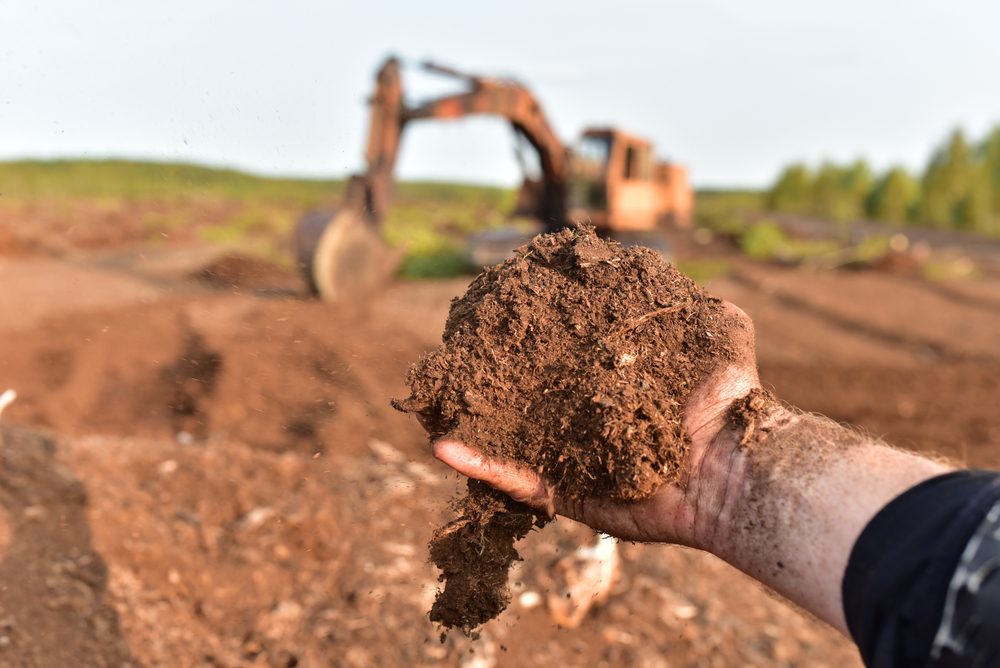When gardening, the proper soil amendment can make all the difference in plant health and growth. Two popular options to enhance soil quality are peat moss and compost. Although many benefits of peat moss are present. This article delves into the characteristics, benefits, and best uses of peat moss and compost. By understanding their differences, you can make an informed decision for your garden's success.
Understanding Peat Moss
Peat moss is an organic matter derived from partially decomposed plants in peat bogs. Its unique characteristics make it a valuable soil amendment. Some key points to know about peat moss include:
1. Definition and Characteristics
- Peat moss is composed of sphagnum moss and other plant materials.
- It has a high moisture-holding capacity and excellent air porosity.
- Peat moss has a slightly acidic pH, typically 3.5 to 4.5.
2. Pros and Cons
- Pros: Provides excellent water retention, improves soil structure, promotes root growth, and is lightweight.
- Cons: Limited nutrient content, slow decomposition, harvesting concerns, and potential environmental impact.
3. Best Uses
- Seed starting and propagation: Peat moss creates a good germination and root development environment.
- Acid-Loving Plants: Peat moss is particularly beneficial for acid-loving plants, like azaleas, rhododendrons, and blueberries.
Exploring Compost
Compost, on the other hand, is a product of organic materials that have undergone decomposition. It is rich in nutrients and adds valuable organic matter to the soil. Here's what you need to know about compost:
1. Definition and Composition
- Compost is a mixture of organic waste, microorganisms, moisture, and oxygen.
- Compost is made from organic materials like kitchen scraps, yard waste, and plant matter.
- Well-made compost has a dark, crumbly texture and a neutral pH.
2. Pros and Cons
- Pros: Enriches soil with essential nutrients, enhances soil structure and drainage, improves microbial activity, and reduces the need for chemical fertilizers.
- Cons: It may contain weed seeds if not adequately composted, requires time and effort to produce quality compost, and can vary in nutrient content depending on the source materials.
3. Best Uses
- Soil amendment: Incorporating compost into garden beds improves soil fertility and structure.
- Mulching: Applying compost as a top layer helps retain soil moisture, suppress weeds, and provide a slow release of nutrients.
- Vegetable and flower gardens: Compost provides nutrients for healthy plant growth and development.
Peat Moss vs. Compost: A Comparison
Now that we understand the characteristics and benefits of peat moss and compost individually let's compare them side by side to use you make an informed decision:
1. Nutrient Content
- Peat moss: Although it improves soil structure, it has limited nutrient content and may require additional fertilization.
- Compost: Compost is an organic matter and provides many plant nutrients.
2. Water Retention
- Peat moss: It has the best water retention properties, ensuring adequate moisture for plants, especially in dry conditions.
- Compost: While compost retains water, it generally has a lower water-holding capacity than peat moss.
3. Soil Structure
- Peat moss: It helps loosen compacted soil, improves aeration, and promotes root development.
- Compost: Compost enhances soil structure by improving its drainage and moisture-holding capacity.
4. Environmental Impact
- Peat moss: The harvesting of peat moss can have negative environmental consequences, including habitat destruction and carbon dioxide emissions.
- Compost: Using compost promotes organic waste recycling and reduces landfill contributions, making it a more environmentally friendly choice.
Which One Should You Use?
1. Consideration Factors
- Plant requirements: Research the specific needs of the plants you're growing to determine if they prefer acidic conditions (peat moss) or a neutral pH (compost).
- Watering habits: Consider the watering frequency and climate conditions in your area. Peat moss is beneficial in retaining moisture, while compost provides adequate drainage.
2. Matching Soil Needs
- Assess your soil's condition: Is it lacking nutrients, compacted, or poorly drained? Choose the soil amendment that addresses the specific soil needs.
- Conduct soil tests: Test your soil's pH and nutrient levels to identify deficiencies and determine whether peat moss or compost is better suited for correction.
3. Combining Peat Moss and Compost
- In a few cases, it may be helpful to use both peat moss and compost together. Mixing them in appropriate proportions can provide a balanced soil amendment combining water retention benefits, improved structure, and nutrient content.
Conclusion
In conclusion, both peat moss and compost offer unique advantages for gardeners. While peat moss excels in water retention and soil structure, compost provides essential nutrients and enhances soil fertility. You can choose between peat moss and compost by conducting soil tests and understanding your plants' needs when selecting which to use, considering the specific requirements of your plants, the existing soil conditions, and environmental considerations. In some cases, combining both may be the ideal solution to create a well-balanced soil amendment.
Remember, peat moss should be used sparingly due to environmental concerns associated with harvesting. Compost, on the other hand, promotes sustainability by recycling organic waste and reducing landfill contributions.


